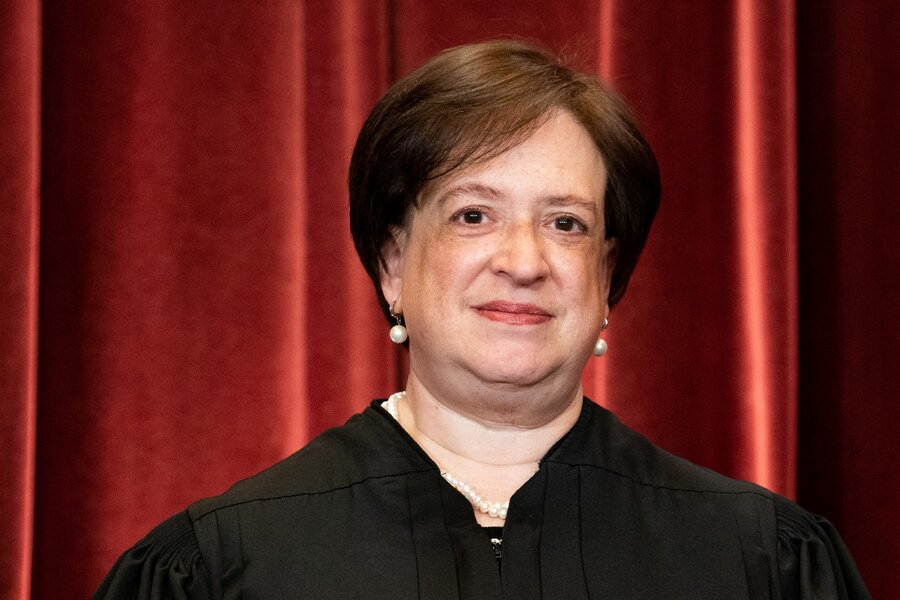On August 19, the Republican National Committee (RNC) urged the Supreme Court to block 41,000 registered voters from participating in the November presidential election, citing concerns that these voters had not provided proof of U.S. citizenship.
Arizona is a fiercely competitive battleground state that could play a crucial role in deciding the outcome of the election. In 2020, President Joe Biden secured a victory in Arizona with a margin of 10,457 votes.
The new filing in RNC v. Mi Familia Vota came after the RNC filed an emergency application with the court on Aug. 8. Respondent Mi Familia Vota is a nonprofit group active in Arizona and several other states.
The application is pending before Justice Elena Kagan.
At issue in the case are the Arizona laws, H.B. 2492 and H.B. 2243, which the state Legislature approved in 2022.
State laws mandate that individuals registering to vote must provide “satisfactory” proof of citizenship, such as a birth certificate, to confirm their eligibility. The regulations also require registrants to disclose their state or country of birth and obligate counties to verify citizenship and remove noncitizens from the voter rolls.
On May 2, U.S. District Judge Susan Bolton blocked the enforcement of the proof of citizenship requirement, citing the National Voter Registration Act of 1993 (NVRA), commonly known as the Motor Voter Law, along with a previous state court ruling.
A divided panel of the U.S. Court of Appeals for the Ninth Circuit affirmed Bolton’s order by a vote of 2–1 on Aug. 1.
In its August 8 application, the RNC argued that while Congress has made it easier for Americans to register to vote, federal regulations should not override “the Arizona Legislature’s sovereign authority to determine voter qualifications and organize its elections.”
In the Aug. 19 filing, the RNC referenced the other side’s invocation of the so-called Purcell Principle, which is a judicial doctrine that courts should not change rules close to an election because doing so creates a risk of causing confusion.
But this approach is wrong because it would require “courts to make a freestanding assessment of whether enforcement or nonenforcement of state election law is more likely to cause confusion.”
The respondents’ argument would impose an unfair standard because it directs federal courts to look at state enforcement policy and “find that the status quo weighs in favor of an injunction if enforcement has not been vigorous enough,” the brief says.
This reinterpretation of the Purcell Principle would also lead federal courts to “weigh Purcell in favor of an injunction if enough state election officials would prefer that result—even when other state officials would enforce state law.”
This approach to Purcell would allow federal authorities to interfere with state lawmaking processes.
“Allowing the Ninth Circuit’s weaponization of Purcell against state election law to stand will only encourage more last-minute injunctions by federal courts,” the brief says.
Arizona Secretary of State Adrian Fontes urged the Supreme Court to reject the application in a brief filed on Aug. 16.
It is already too close to the election for the Supreme Court to act in this time-sensitive case, he said.
“In just a mere 7 weeks, early voting in Arizona will begin. To be sure, at this juncture in Arizona elections, time is not only of the essence, but it is in short supply,” the brief reads.
“Last minute statewide policy changes like those requested in the Application, no matter how small they may seem to some, can (and Secretary Fontes believes will) drastically impact how affected votes are collected and processed.”
The U.S. Department of Justice urged the Supreme Court to deny the application.
It is unclear when the Supreme Court will act on the RNC’s application.
Share your thoughts by scrolling down to leave a comment.













